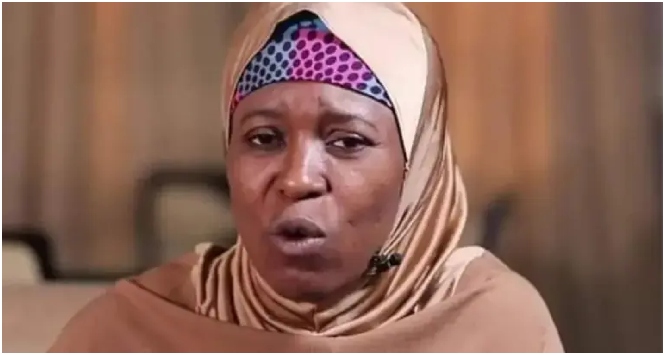Outspoken Nigerian activist Aisha Yesufu has criticized Kemi Badenoch, leader of the United Kingdom’s Conservative Party, for her recent remarks about Nigeria.
Badenoch, who described her upbringing in Nigeria as marked by fear and insecurity in a nation riddled with corruption, has sparked backlash from critics who argue that her comments denigrate her homeland.
Badenoch, who identifies as Yoruba, also reportedly claimed she has little in common with Nigeria’s northern region and has criticized the country’s police structure.
Despite mounting criticism, she has stood firm, reiterating her position on the challenges faced in Nigeria.
Yesufu, known for her sharp commentary on social and political issues, took to X (formerly Twitter) to challenge Badenoch’s statements, accusing her of perpetuating stereotypes and failing to acknowledge the role of the UK in enabling corruption in Nigeria.
Yesufu’s Response: A Call for Accountability

In her post, Yesufu wrote:
“Kemi Badenoch @KemiBadenoch should grow up and move on! Context is everything! She was asked if she trusts the British police. How is what happened with the Nigerian police a reason for her to determine if she trusts the British police or not?
“What also brought in our poverty?
“If the UK doesn’t provide an enabling environment for people to loot Nigeria’s wealth and take it there, ‘poor’ and ‘Nigeria’ wouldn’t be in the same sentence.
“So, because the bar is low in Nigeria, it doesn’t mean she should lower the bar for their police! She should not use her Nigerian poverty mentality to lower the bar there!
“@PoliceNG, you see your life? Always disgracing us up and down!”
Yesufu’s remarks emphasize her frustration with systemic corruption in Nigeria but also highlight the responsibility of foreign nations, including the UK, in perpetuating these issues.
A Broader Conversation on Corruption and Stereotypes
The exchange between Yesufu and Badenoch underscores the complex dynamics between diaspora leaders and their countries of origin.
While Badenoch’s critique of Nigeria reflects her personal experiences, Yesufu argues that such narratives can reinforce damaging stereotypes and overlook the complicity of global systems in enabling corruption.
Badenoch’s comments about Nigerian poverty and policing have also reignited debates about accountability, governance, and the role of former colonial powers in shaping the challenges faced by African nations today.
